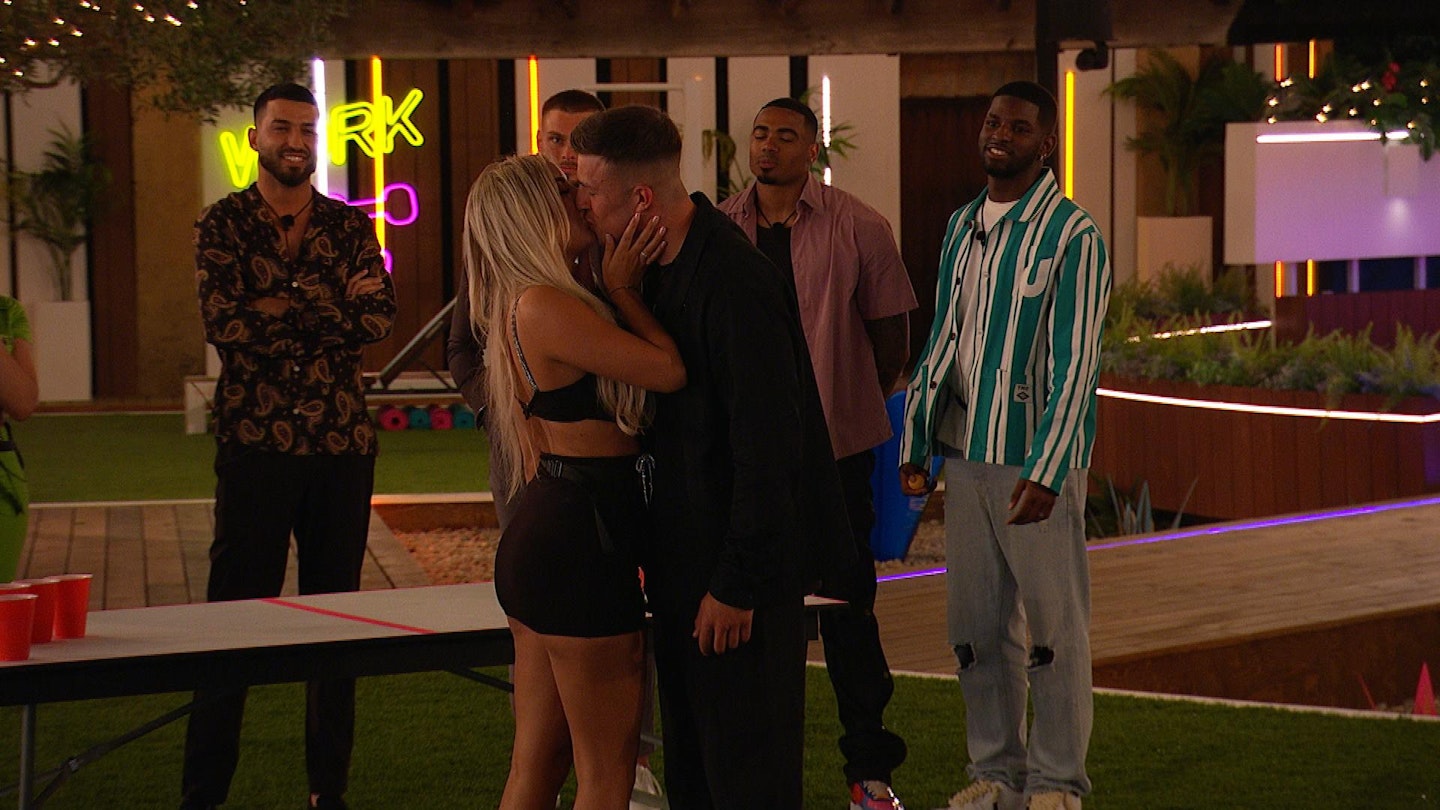I went to a sex education class for parents once, called ‘Doing it like the Dutch’. Dutch teens have the lowest teen pregnancy rates in Europe, so clearly their parents are doing something right, and I figured that even if I didn’t learn much, the class would offered welcome respite from cries of ‘I want Ketchup.’
The main message that Doing It Like The Dutch tried to impart is that you have to be honest with your kids. No euphemistic ‘foo foos’ instead of vulvas or ‘winkies’ instead of penises, and no stories about stalks when the ‘Where did I come from?’ question arrives.
Our class also had a questions section, during which the most common query wasn’t about sex but rather, about love. How do we teach children the link between the two - encouraging our children to explore sex with people who value and respect them? Which, in turn, raised questions about ITV’s Love Island. A veritable wildlife programme of horny humans trying to find The One - and win £50,000 - but with David Attenborough’s dulcet tones replaced by tabloid scandal and fake tan. With its huge viewing figures and social media dominance, is increasingly where young people are first learning about sex.
There’s no denying that Love Island is brilliant telly. But is it really where we want our children to learn about sex?
Before Love Island, or even reality TV existed, most of us learned about sex by reading books. My first foray into love and lust was with Jilly Cooper’s Polo. That well-thumbed tome with quips such as ‘he delved into her moist mossy mound’ taught me all I needed to know about getting it on. Sure, my parents had given me The Talk and I’d seen my biology teacher slip a condom on a banana but Polo was the visceral, raw, sexual and X-rated bible that told me the fictional truth.
I’m afraid that Love Island isn’t any replacement for Jilly Cooper. The Big Brother format with a love quest chucked in for good ratings measure isn’t the benchmark I want my girls to use for finding The One (or Two or Seven).
It’s the total lack of body diversity which I can’t get past. If my head-braced 13-year-old self was watching Olympian gods and goddesses frolick about in pursuit of love (and cash) I think I’d just give up any ‘happily ever after’ ambition.
Love Island is not for me - or us as a family. Yes it’s wonderful escapism and I’m an indulgent viewer but it doesn’t tell the truth about love, or sex, as our Dutch comrades encourage. Of the hundreds of hopefuls that have meandered the ITV rating gauntlet, few have found love - at least not lasting love.
The only way to teach your children about love is to show how much you love the real people in your real life. Snog your husband. Bear hug your wife. And if you do want to want to divest your sex education obiligations to the small screen, try the aptly-named Sex Education on Netflix. It’s a realistic, inclusive representation of love and sex - without the fake tan.
